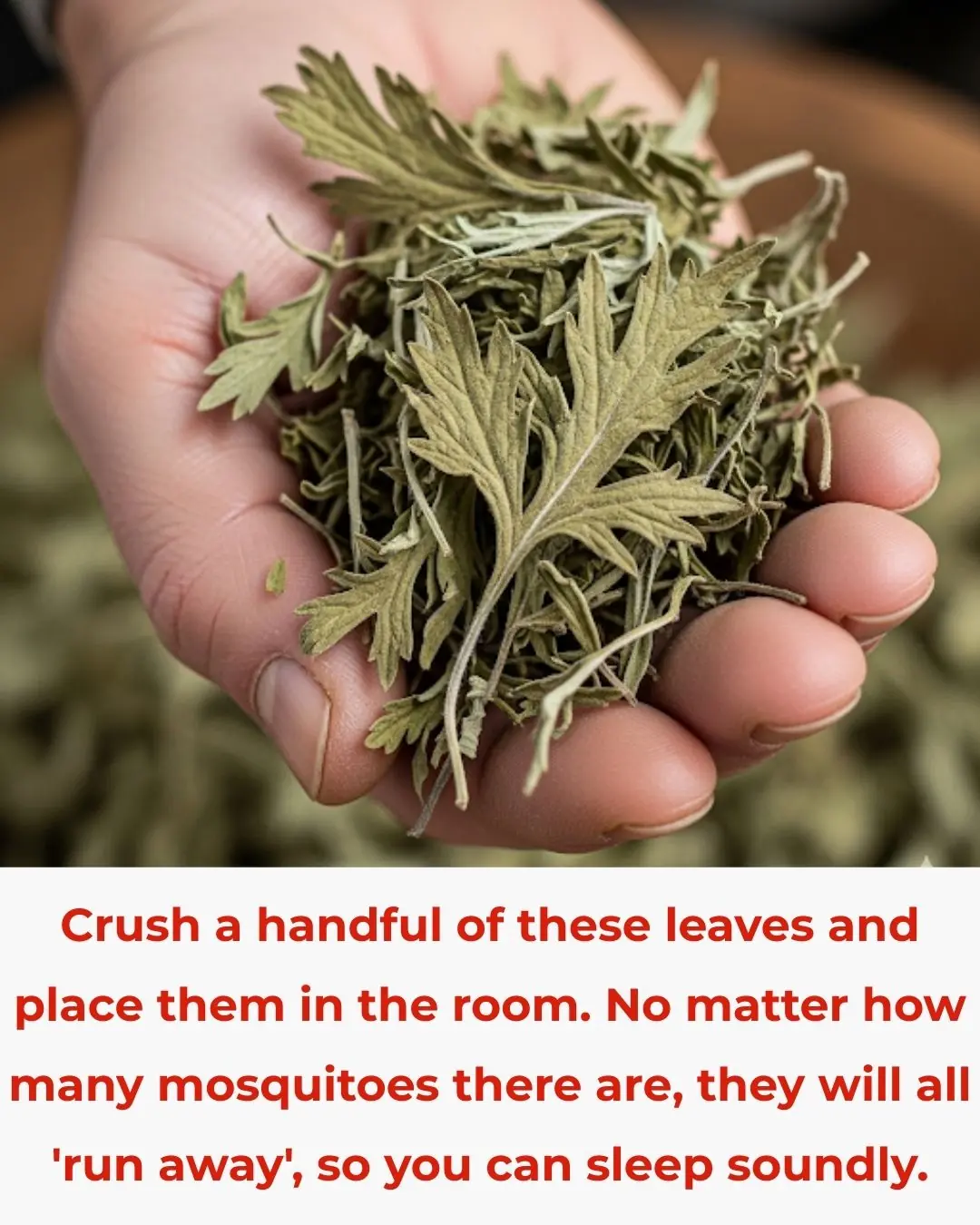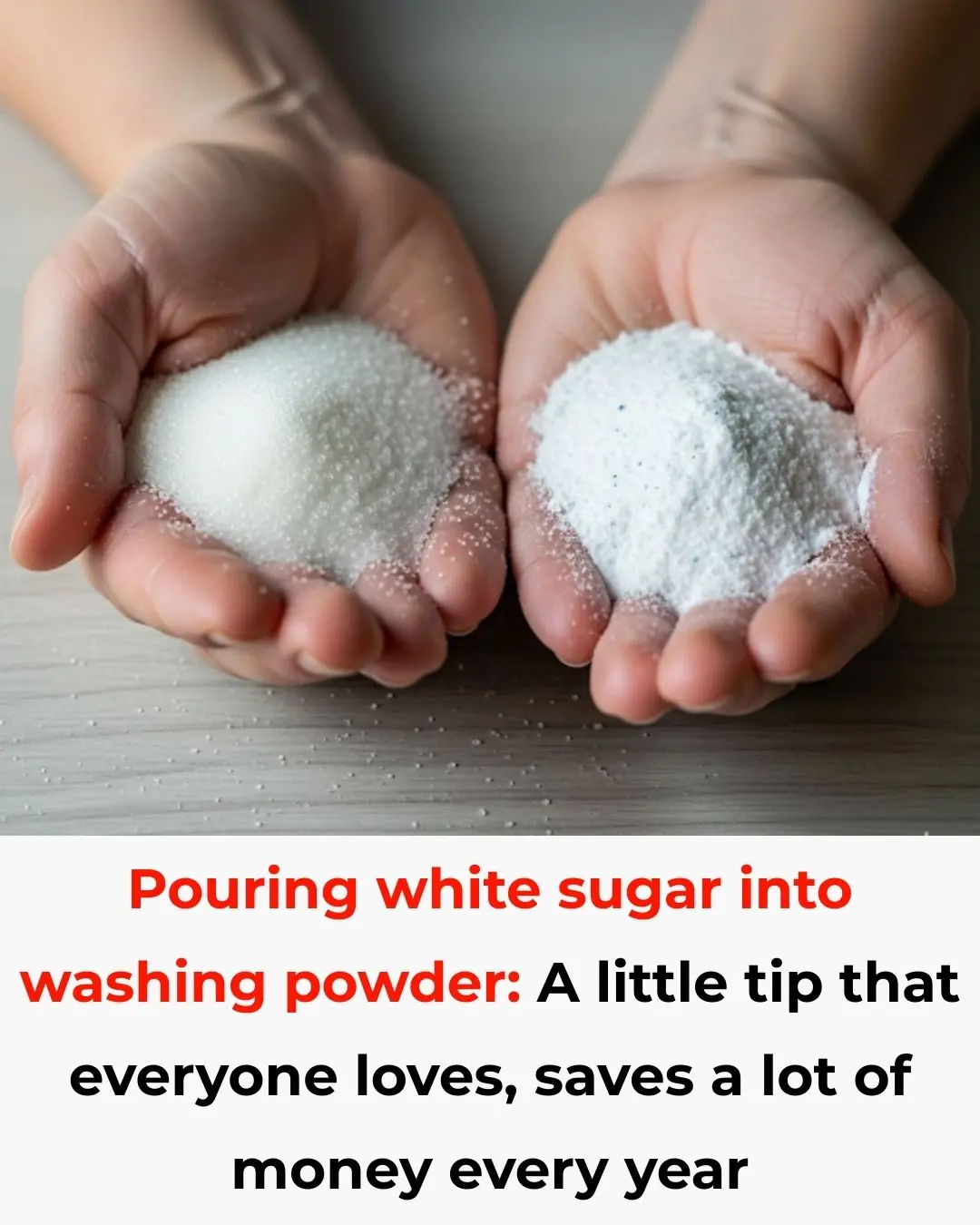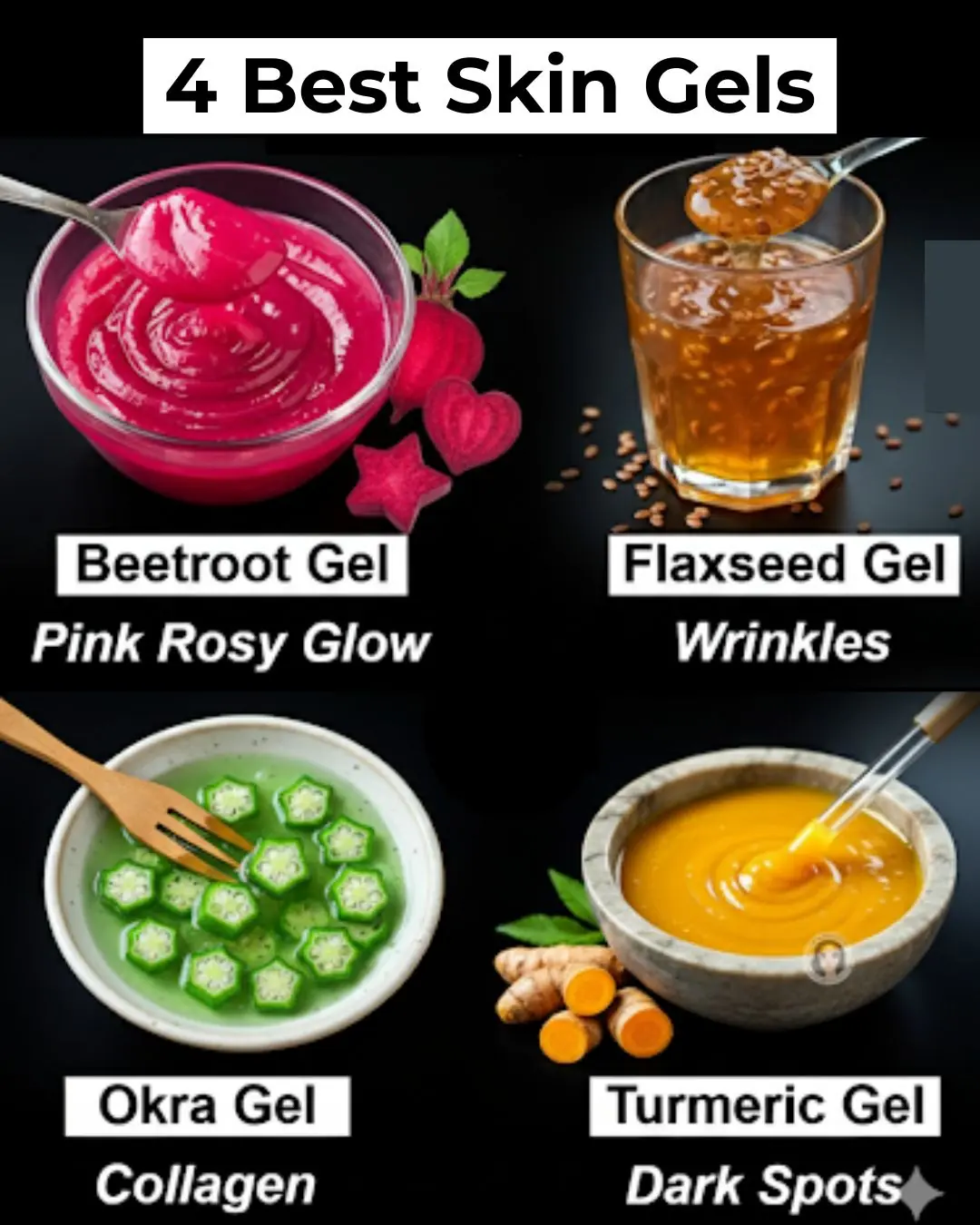
A Trick to Repel Rats Using Common Household Ingredients, Keeping Your Home Clean, Fresh, and Rat-Free
Dealing with rodents, especially rats, is a common household problem that can quickly lead to unpleasant living conditions. These pests not only bring dirt and disease but can also cause significant damage to furniture, food supplies, and wiring. While there are many commercial products available for repelling rats, using common household ingredients offers a natural and cost-effective alternative. In this article, we’ll explore some simple yet effective ways to repel rats using items you likely already have in your home. These tricks will help you maintain a clean, fresh, and rat-free environment.
1. Why It’s Important to Keep Your Home Rat-Free
Before diving into natural remedies, it’s important to understand why keeping rats out of your home is crucial. Rats are not just an annoyance; they can pose serious health risks and cause substantial damage:
-
Health Risks: Rats can carry diseases such as leptospirosis, salmonella, and hantavirus. They can contaminate food and surfaces with their droppings, urine, and fur, putting you and your family at risk.
-
Structural Damage: Rats have strong teeth that they use to gnaw through materials like wood, plastic, and even electrical wires. Over time, this can lead to costly repairs.
-
Unpleasant Odors: Rats often build nests in hidden areas, and their droppings and urine can lead to strong, unpleasant odors that linger in your home.
By taking proactive steps to prevent rats from entering your living space, you can avoid these issues and maintain a safe and clean environment.
2. Common Household Ingredients That Repel Rats
There are several natural ingredients commonly found around the house that rats find repellent. Here’s a look at some of the most effective ones:
a. Peppermint Oil
Peppermint oil is one of the most popular natural rat repellents. Rats dislike the strong smell of peppermint, and this scent can drive them away. The cooling effect of peppermint also interferes with their ability to navigate using their sense of smell, making it harder for them to find food or shelter.
-
How to Use: To create a peppermint oil solution, mix 10-15 drops of peppermint oil with water in a spray bottle. Spray this mixture in areas where rats are likely to enter, such as around doors, windows, and cracks in walls. You can also soak cotton balls in peppermint oil and place them in areas like attics, basements, or behind appliances.
b. Cinnamon
Cinnamon is another natural remedy that rats tend to avoid. Its strong, spicy aroma is unappealing to rats, making it an excellent deterrent. Additionally, cinnamon is non-toxic and safe to use in households with pets and children.
-
How to Use: Sprinkle ground cinnamon in places where you suspect rats might be entering or hiding. You can also create a cinnamon oil solution by mixing cinnamon oil with water and spraying it around potential entry points. The strong scent will drive rats away while keeping your home smelling fresh.
c. Garlic
Garlic has a potent odor that rats find particularly unpleasant. It is one of nature’s most powerful pest-repellent ingredients and is effective in driving away rats without harming them. Garlic can also help mask other odors in your home, keeping it fresh and clean.
-
How to Use: Crush a few garlic cloves and place them in areas where rats are most likely to enter. Alternatively, you can mix garlic oil with water and spray it around entryways. The strong garlic scent will act as a natural barrier to rats.
d. Hot Pepper Flakes
Rats have sensitive noses, and they strongly dislike spicy odors. Hot pepper flakes, particularly those made from cayenne pepper, are a great way to deter rats from entering your home. The capsaicin in peppers irritates their nasal passages and discourages them from coming back.
-
How to Use: Sprinkle hot pepper flakes in areas where rats are active. You can also mix a tablespoon of cayenne pepper with water in a spray bottle and apply it to cracks, entryways, and other areas where you want to keep rats out.
e. Ammonia
Ammonia has a strong, pungent odor that resembles the smell of urine, which rats tend to avoid. When used properly, ammonia can mimic the scent of predator urine, making rats believe they are in danger and encouraging them to leave.
-
How to Use: Soak a few rags in ammonia and place them near the entrance points or in areas where rats are most active. Be sure to keep ammonia out of reach of children and pets, as it can be harmful in large amounts.
3. Preventive Measures for Keeping Rats Away
While using natural ingredients is an effective method for repelling rats, it’s also important to take preventive steps to ensure that your home remains rat-free in the long term. Here are some practical tips to keep rats away:
a. Seal Cracks and Gaps
Rats can squeeze through tiny openings, so it’s essential to seal any cracks or gaps in your home’s walls, floors, or windows. Pay special attention to areas around pipes, vents, and doors, as these are common entry points.
-
Tip: Use steel wool or caulking to fill small cracks and gaps. For larger holes, consider using wire mesh or cement to seal them off completely.
b. Keep Food Secure
Rats are attracted to food, so it’s crucial to store food properly and clean up crumbs and spills immediately. Make sure that all food is stored in airtight containers, and avoid leaving pet food out overnight.
-
Tip: Clean up your kitchen regularly, especially areas where food is prepared. Take out the trash regularly, and ensure that garbage bins have tight-fitting lids to prevent attracting rats.
c. Remove Clutter
Rats love to hide in dark, cluttered spaces, so reducing clutter around your home is a key step in keeping rats at bay. Avoid leaving piles of paper, cardboard, or clothing around, and ensure that your attic, basement, and garage are clean and organized.
-
Tip: Store items in plastic bins with tight lids to prevent rats from nesting in them.
4. Natural Alternatives: What to Avoid
While natural remedies can be effective, there are a few things to avoid when dealing with rats. For instance, some people use rat poison or traps, which can be harmful to pets and children. Additionally, chemical repellents can have a negative impact on indoor air quality and the environment.
-
Tip: Stick to natural remedies, such as the ones mentioned above, and avoid using toxic chemicals that could harm your loved ones or the environment.
5. Conclusion
Keeping your home rat-free is essential for maintaining a clean, healthy, and pleasant living environment. By using common household ingredients like peppermint oil, cinnamon, garlic, and hot pepper flakes, you can naturally repel rats and reduce the risk of an infestation. Additionally, taking preventive measures such as sealing cracks, securing food, and removing clutter will help keep your home rat-free in the long run. With these simple yet effective tricks, you can enjoy a fresh, safe, and rat-free living space without the use of harmful chemicals.
News in the same category


Pouring White Sugar into Detergent: A Simple Trick Everyone Loves That Saves You Big Every Year

5 Nutritious Vegetables That Can Harm Your Kidneys If Eaten Too Much

7 Items You Should Never Store in the Freezer – Like Ticking Time Bombs

The Amazing Benefits of Mixing Laundry Detergent with Salt: A 'Golden' Solution You Should Try

The Incredible Benefits of Mixing Toothpaste with Baking Soda: A Must-Try DIY Remedy

Water flowing from the air conditioner: What seems useless actually has many surprising benefits

What does a bitter taste in the mouth in the morning indicate?

Be careful when buying cooking oil: just three words on the label, no matter the brand, and it’s considered ‘blended oil’.

Every washing machine has this small part, open it once a month, clothes will smell fresh, machine will be more durable and cleaner

Don't throw away orange peels, this method has many uses that every household needs, don't waste it.

The Surprising Benefits of Overnight Tea: A Wasteful Habit You Might Not Know About

How to Clean Limescale Off Your Faucet in Just 25 Seconds with a Simple Trick

How to Clean Your Air Conditioner Easily in Just 15 Minutes — No Technician Needed, Even Women Can Do It Effortlessly

How to Keep Your Non-Stick Pan as Good as New for 3 Years: Simple Tips and Tricks

Using Electric Kettles to Boil Water: 9 Out of 10 Households Make This Mistake — Remind Your Loved Ones to Fix It Early

🌅 Three Morning Symptoms That Could Be Early Warning Signs of Cancer

Why You Shouldn't Pour Coffee Grounds into the Sink

Why You Shouldn't Turn on the Air Conditioner During Storms: A Waste of Money

The Benefits of Keeping Salt in Your Fridge: A Simple Trick to Improve Health
News Post

Early-Stage Cancer May Not Hurt at First, But If You Notice These 8 Signs When Using the Bathroom, See a Doctor Immediately: Don’t Be Negligent

Crush This Bundle of Mugwort Leaves and Place It in Your Room — No Matter How Many Mosquitoes There Are, They’ll ‘Run Away’ and You Can Sleep Peacefully

Pouring White Sugar into Detergent: A Simple Trick Everyone Loves That Saves You Big Every Year

How True Love Shows Itself During Intimacy

The surprising truth about eating eggs every day

7 Early Signs Your Body is Fighting Cancer

9-year-old dies after dental procedure

Terri Irwin makes heartbreaking admission 19 years after Steve’s death

5 Nutritious Vegetables That Can Harm Your Kidneys If Eaten Too Much

7 Items You Should Never Store in the Freezer – Like Ticking Time Bombs

18 Powerful Foods That Help Detox Your Kidneys and Cleanse Them Naturally

15 Best Skin Gels for Glowing Skin & Wrinkles

Vaseline Uses and Benefits for Skin, Lips and Hair | Petroleum Jelly Benefits

🥚 What Happens to Your Body When You Eat 2 Eggs Every Day?

‘Miracle’ Moment: Cross Necklace Stops Bullet and Saves Man’s Life

Christian Bale Built $22 Million Foster Care Village in California

Unexplained Bruising on Your Body: Causes and Treatments

If your private parts smell fishy, it’s something you should be aware of

10 Hidden Signs Your Immune System Is Under Attack
